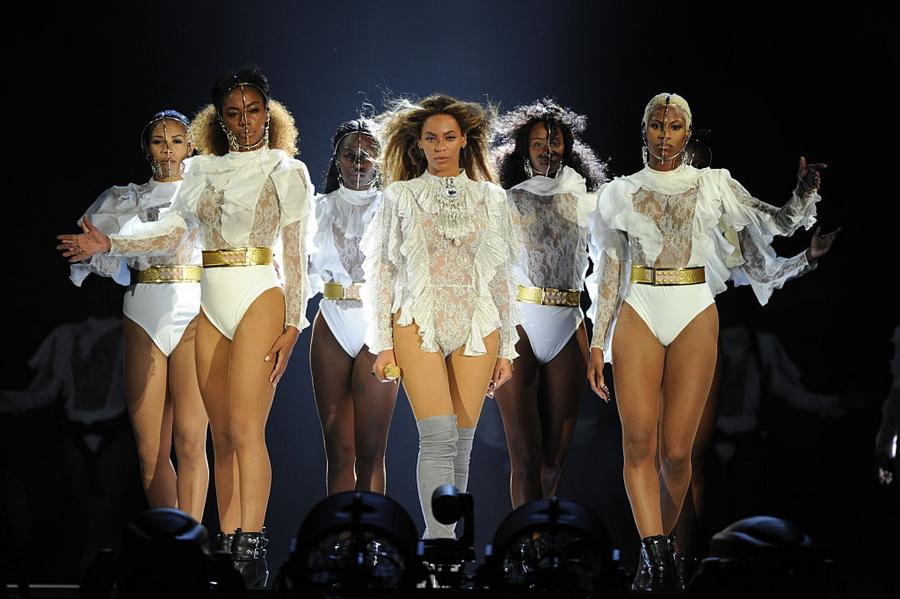It's a commonplace and well known stereotype that in the recording industry, the artists who are actually responsible for making music get the shaft while music executives rake in most of the dough. This dynamic has only grown more pronounced in the age of online streaming, and a recent Citigroup report puts it in surprisingly sharp relief: Despite a new peak in revenue of some $43 billion in 2017, only about 12 percent of that went to artists. And most of that revenue, the report states, comes from touring, rather than having been generated from streaming or record sales.
Bjorn Niclas is the co-founder of a cryptocurrency-based streaming service called Choon. He was invited to provide commentary on the report's findings, and he sums up the relationship between recording artists and the revenue their work generates like this:
"Currently artists are at the end of the line … They get the smallest piece of the pie even though they are the ones creating the content. In any other industry you typically see much better returns and margins."
Almost half of that $43 billion in revenue comes from "consumer outlays," an industry term for concert ticket sales, sales on CDs and records, as well as streaming revenue. Consumer outlays hit an all time high of over $20 billion in 2017, but of that, record labels and publishers got nearly $10 billion, while only $5.1 billion went to artists themselves (and most of that, again, comes from concert revenue).

Frank Micelotta/Parkwood Entertainment via Getty Images
Although 12 percent seems like a low figure, it's actually higher than it was back in the pre-streaming stone age of 2000, when the comparable artist's share was closer to 7 percent. That rise is due to artists realizing that concerts and touring are the best way to make significant money, even for a massively popular recording artist.
The report also calls for "organic forms of vertical integration" in the music business, which would involve big streaming platforms like Apple Music and Spotify to in essence "organically morph into music labels." When this happens, artists would be in a position to secure better financial arrangements for their work by releasing it directly on these platforms, rather than going through a traditional record label in the first place.
/2016/09/GettyImages-476367228-1.jpg)
/2025/03/GettyImages-2199788325.jpg)
/2016/12/GettyImages-157547099.jpg)
/2019/06/GettyImages-1133886414.jpg)
/2015/10/youtube.jpg)
/2015/10/vinyl.jpg)
/2022/01/Richard-Kind.jpg)
/2021/04/Sade.jpg)
/2023/09/mary-austin.jpg)
:strip_exif()/2020/06/taylor.png)
/2017/05/GettyImages-461023458.jpg)
/2012/10/LEON-SPINKS-1.jpg)
/2021/02/Bill-Goldberg.jpg)
/2020/01/Bruce-Buffer.jpg)
/2020/03/rosie-.jpg)
/2020/07/vanessa-hudgens.jpg)
/2020/11/Roger-Daltrey.jpg)
/2020/09/Pete-Townshend.jpg)
/2011/05/Jim-Kerr-1.jpg)
/2010/08/GettyImages-452103074-e1735941783850.jpg)
/2014/08/GettyImages-516463040.jpg)
/2009/11/Phil-Collins.jpg)
/2012/07/Jon-Secada.jpg)